7 Nov 2025
Neighbourhood deprivation linked to brain vessel damage and higher dementia risk

24 Oct 2025
UK organisations release statistics for use of animals in research in 2024
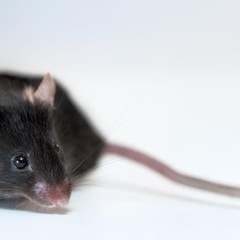
24 Oct 2025
Dementia linked to problems with brain’s waste clearance system

24 Oct 2025
Addenbrooke’s begins innovative liver cancer treatment for first patients in Europe

23 Oct 2025
Four Cambridge innovations awarded UKRI proof of concept funding
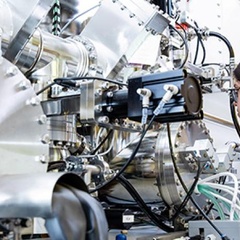
9 Oct 2025
Study reveals genetic and developmental differences in people with earlier versus later autism diagnosis

9 Oct 2025
Parkinson’s ‘trigger’ directly observed in human brain tissue for the first time

9 Oct 2025
Diabetes drug and antihistamine could together repair multiple sclerosis damage, trial finds
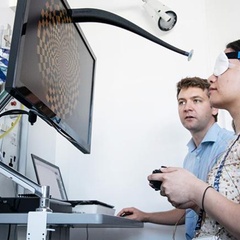
9 Oct 2025
‘Good’ gut bacteria boost placenta for healthier pregnancy
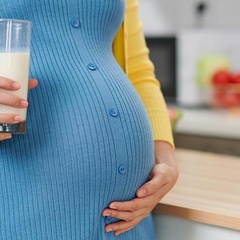
24 Sep 2025
Cambridge researchers awarded UKRI Future Leader Fellowships

24 Sep 2025
Study of breast cell changes in motherhood provides clues to breastfeeding difficulties

24 Sep 2025
‘Artificial cartilage’ could improve arthritis treatment

24 Sep 2025
The Protein Pioneer
8 Sep 2025
Glowing algae reveal the geometry of life
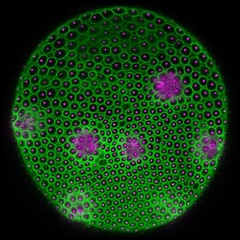
8 Sep 2025
Depression linked to presence of immune cells in the brain’s protective layer

